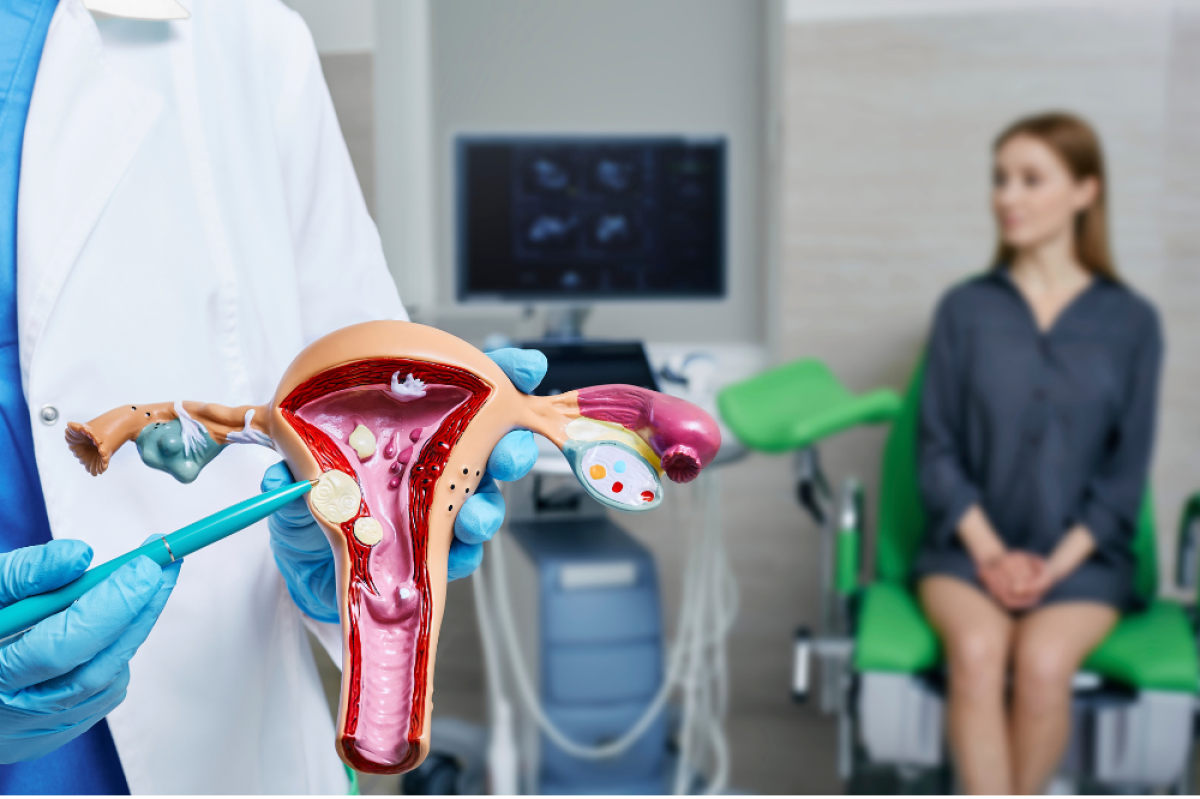Success Rate of Artificial Insemination

If getting pregnant has turned out to be much more challenging than you expected, you’re not alone. As many as 1 in every 6 people who are trying to get pregnant experience infertility. In many cases, artificial insemination is the first type of assisted reproductive technology that’s recommended.
Women considering artificial insemination often have a lot of questions about what’s involved and about the success rate of artificial insemination. The team at the Center for Reproductive Health understand how stressful and confusing infertility can be, and they’re available to answer your questions.
The Procedure
Artificial insemination is a simple and painless procedure in which sperm is placed past the cervix and directly into the uterus. In some cases, this can improve the chances of healthy sperm reaching the egg and achieving fertilization. The sperm can be from your partner or it can be from donor sperm.
In many cases, this procedure is paired with hormone stimulation. Fertility medication is taken for up to 10 days to assist in egg development. Blood tests and ultrasounds are used to predict ovulation so that the procedure can be done as close to ovulation as possible. The semen is processed to make it more concentrated, which may also increase the chance of getting pregnant.
The procedure itself only takes a few minutes. After the sperm has been injected, fertility experts may recommend that you lie on your back for around 30 minutes. You’ll be sent home after that and told to come back for a pregnancy test in two weeks. If the pregnancy test is negative, the procedure can be repeated.
Factors That Affect Success Rates
There are many factors that can affect the success rate of artificial insemination. One of the biggest factors is the age of the mother. For women in their early 30s or younger, the success rate is around 25 percent. By the mid-30s, the success rate drops to 15-20 percent. By the late 30s, it drops to 10 percent and women over the age of 40 have about a 5 percent success rate.
Artificial insemination may be a good fertility treatment option for couples struggling with male factor infertility such as low sperm count or low motility. It may also be a good option for women with thick cervical mucous or mild endometriosis, and it can be effective when the cause of infertility can’t be identified.
Is Artificial Insemination Right For Me?
For some women, artificial insemination isn’t the best choice for trying to get pregnant. If you’re over the age of 40, in vitro fertilization may be a better option. You may not be a good candidate for artificial insemination if you have pelvic scarring from repeated pelvic infections, blockage of your fallopian tubes or severe endometriosis.
Women who have several rounds of artificial insemination without success may want to consider other options. If you’re considering artificial insemination or other forms of assisted reproductive technology, the best thing to do is to schedule a consultation at the Center for Behavioral Health to learn more.
Eliran Mor, MD
Reproductive Endocrinologist located in Encino, Valencia & West Hollywood, CA
FAQ
What does a reproductive endocrinologist and infertility specialist do?
Reproductive endocrinology and Infertility is a sub-specialty of Obstetrics and Gynecology. In addition to managing medical and surgical treatment of disorders of the female reproductive tract, reproductive endocrinologist and infertility (REI) specialists undergo additional years of training to provide fertility treatments using assisted reproductive technology (ART) such as in vitro fertilization.
Reproductive endocrinologists receive board certification by the American Board of Obstetrics and Gynecology in both Obstetrics and Gynecology and Reproductive Endocrinology and Infertility.
When should I see an REI specialist?
In general, patients should consider consulting with an REI specialist after one year of trying unsuccessfully to achieve pregnancy. The chance of conceiving every month is around 20%, therefore after a full year of trying approximately 15% of couples will still not have achieved a pregnancy.
However, if a woman is over the age of 35 it would be reasonable to see a fertility specialist earlier, typically after 6 months of trying.
Other candidates to seek earlier treatment are women who have irregular menses, endometriosis, fibroids, polycystic ovary syndrome (PCOS), women who have had 2 or more miscarriages, or problems with the fallopian tubes (prior ectopic pregnancy).
What are the reasons we are having trouble conceiving?
Approximately 1/3 of the time cause for infertility is a female factor, 1/3 of the time a male factor, and the remaining 1/3 a couples’ factor.
At CCRH, we emphasize the importance of establishing a correct diagnosis. Both partners undergo a comprehensive evaluation including a medical history and physical exam.
Furthremore, the woman’s ovarian reserve is assessed with a pelvic ultrasound and a hormonal profile. A hysterosalpingogram (HSG) will confirm fallopian tube patency and the uterine cavity is free of intracavitary lesions. A semen analysis is also obtained to evaluate for concentration, motility, and morphology of the sperm.
Additional work up is then individualized to direct the best possible treatment option for each couple.
What is IVF? What is the process like?
In vitro fertilization (IVF) is the process that involves fertilization of an egg outside of a woman’s body.
The process starts with fertility drugs prescribed to help stimulate egg development. In your natural cycle, your body is only able to grow one dominant egg, but with stimulation medication we can recruit multiple eggs to continue to grow. After about 8-10 days of stimulation, the eggs are surgically retrieved and then fertilized with sperm in a specialized laboratory. Fertilized eggs are then cultured under a strictly controlled environment within specialized incubators in the IVF laboratory for 3-5 days while they develop as embryos. Finally, embryos (or an embryo) are transferred into the uterine cavity for implantation.
Should I have IVF?
Before deciding if IVF is the right choice, it’s important to sit down with an REI specialist to discuss available treatment options. For some people, other methods such as fertility drugs, intrauterine insemination (IUI) may be the best first choice treatment. At CCRH, we believe each individual couple is unique and not everyone needs IVF.
Is the IVF procedure painful?
While not painful, the fertility medications may some side effects including headaches, hot flashes, mood swings, and bloating. The injection sites may also bruise.
Will IVF guarantee a baby?
Unfortunately, no. Many people think once they start IVF it’s a matter of time that they will be pregnant and have a baby. But according to national statistics per the Society of Assisted Reproduction (SART), on average 40% of assisted reproduction cycles achieve live births in women under age 35. The chances of success then continue to decrease with advancing age.
At CCRH, we employ only evidence-based interventions to ensure patient safety and optimal outcome. While we cannot guarantee a baby, we guarantee that you will receive the best, most advanced, personalized care to help you maximize your chance of a baby.
What is the success rate for IVF?
The average IVF success rate (success measured in live birth rate) using one’s own eggs begins to drop around age 35 and then rapidly after age 40. This is due to the decline in egg quantity and egg quality as a woman ages.
Our clinic’s success rate consistently beats the national average year after year.
Do insurance plans cover infertility treatment? How much does IVF cost?
Individual insurance plans often do not have any coverage for infertility treatments. If you have a group plan, you can call members services to see if they have coverage for infertility (including consultation/workup and IVF).
After your consultation with our REI specialist, one of our dedicated account managers with sit with you to go over the cost of treatment.




